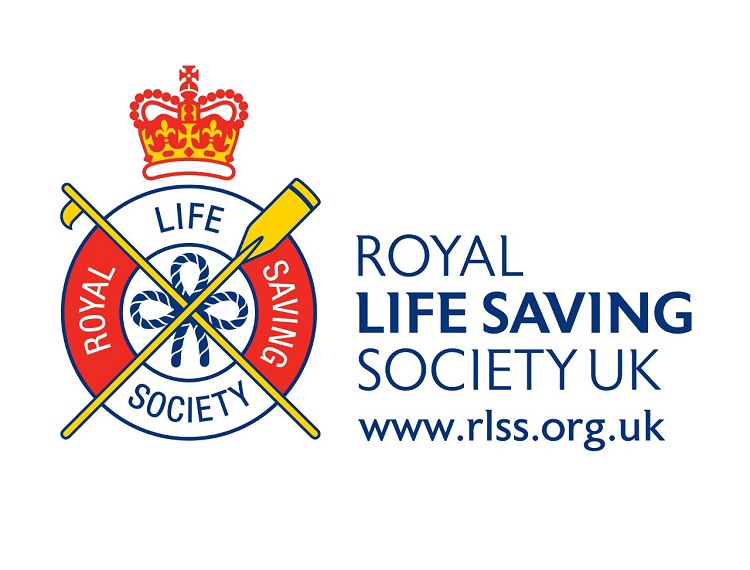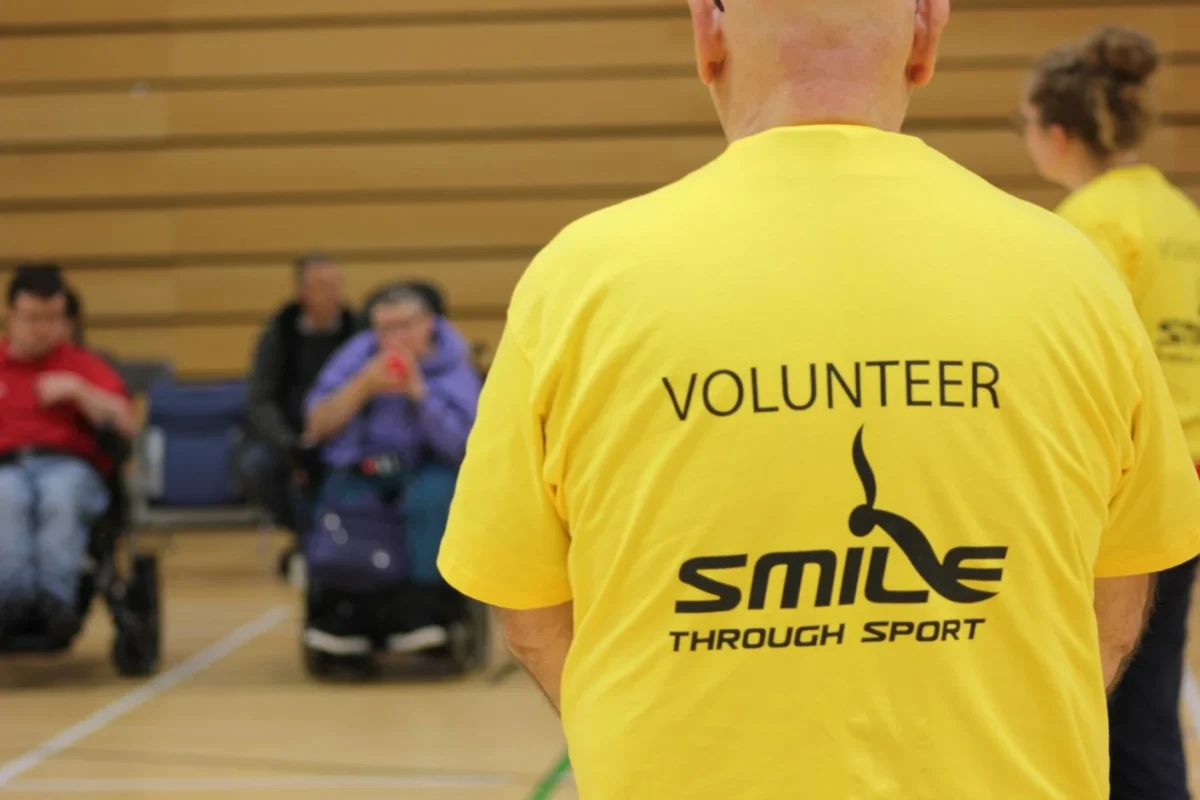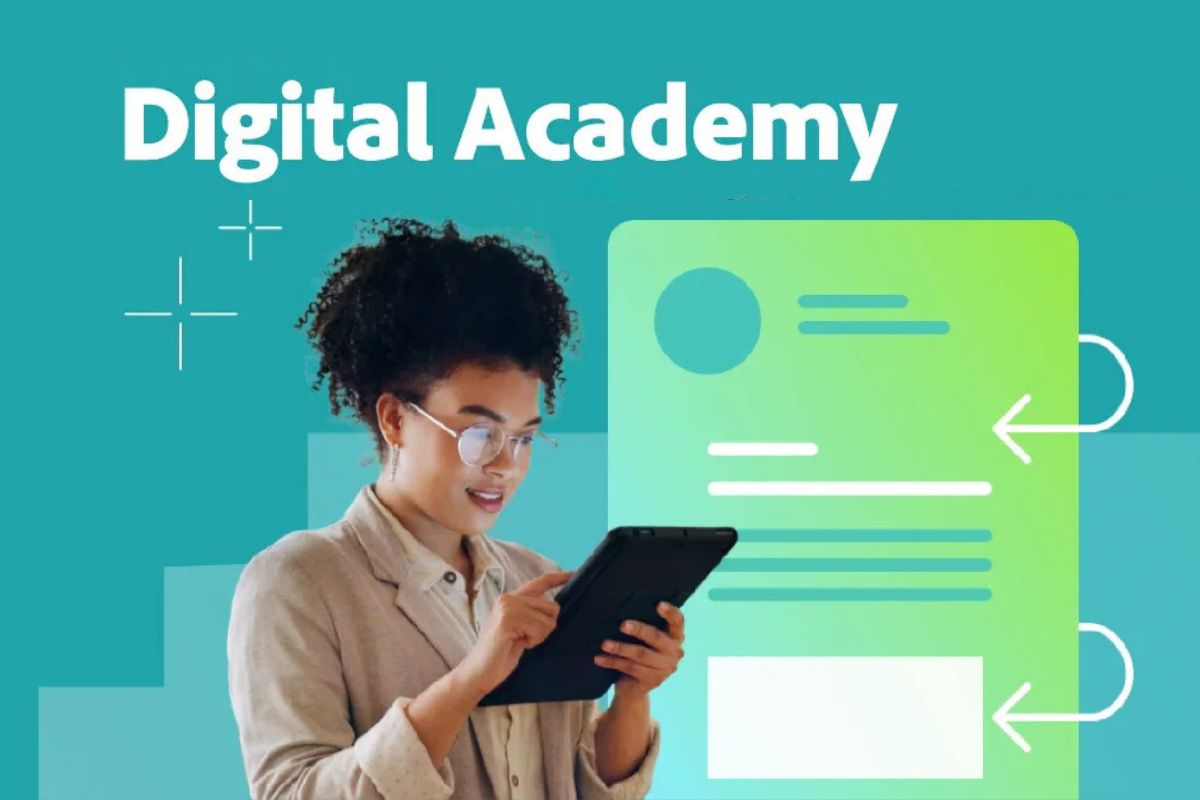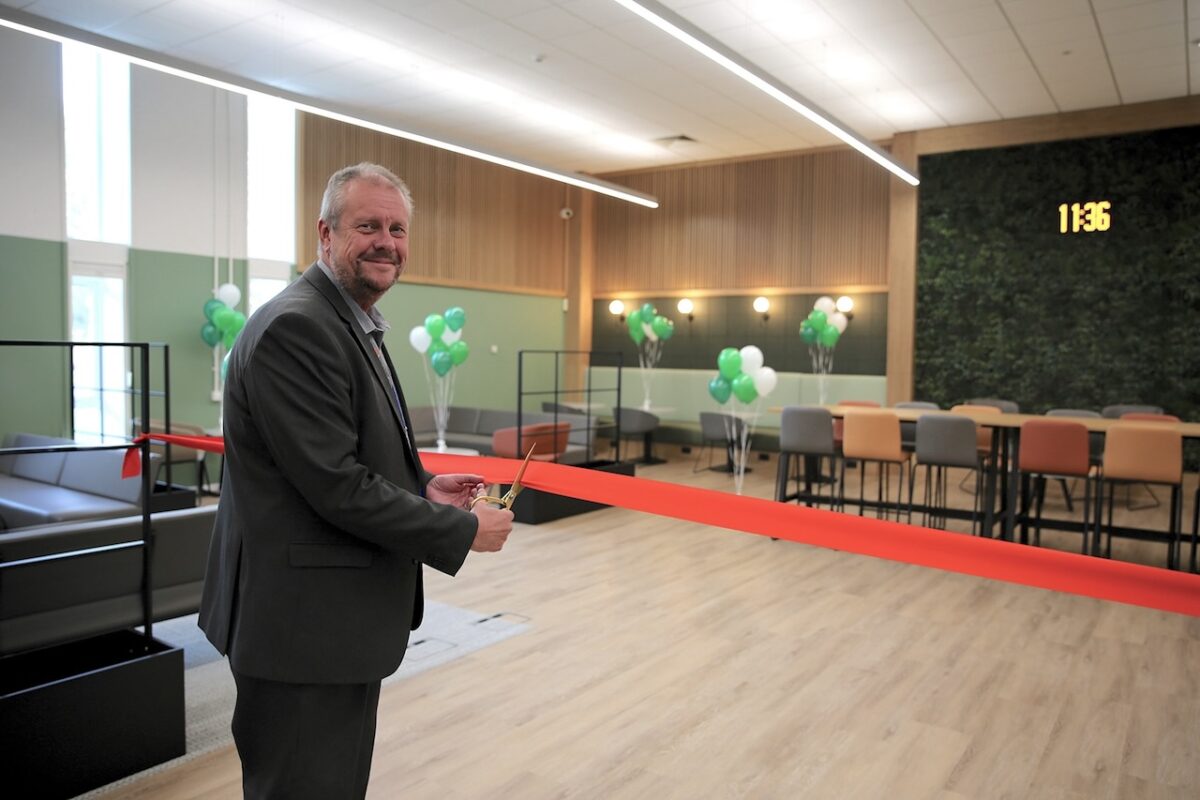Teaching Young People to Save Lives

A lack of lifesaving techniques, first aid knowledge and the confidence to use these skills is putting people’s lives at risk.
“Educating young people will help save lives,” says Jo Talbot, Director of IQL UK, trading subsidiary of the Royal Life Saving Society UK.
“We can’t predict an emergency; it can take place at home, at school, at work or even in the street, but we do know that vital, early intervention and CPR can save someone’s life!”
October 2018 saw the British Heart Foundation announce, that currently fewer than 1 in 10 people who have a cardiac arrest outside hospital in the UK survive, yet in countries that teach CPR in schools, cardiac arrest survival rates are more than double those of the UK.
Apps like GoodSAM and initiatives such as the National Defibrillator Network are modern, cohesive solutions designed to improve access to, and limit waiting times for emergency treatment, anytime, anywhere. However, their success largely relies on the knowledge, confidence and actions of the person dealing with the emergency.
According to the British Red Cross*, 95 per cent of adults wouldn’t be able, confident or willing to help in three examples of life-threatening first aid emergencies: ‘person is bleeding heavily’, ‘person is unresponsive and breathing’ and ‘person is unresponsive and not breathing’.
This helps to explain why the government is planning to make health education compulsory in all state-funded schools from next year. Under the proposed new guidance, by the end of secondary school pupils will be taught how to administer CPR, the purpose of defibrillators and basic treatments for common injuries.
But why limit this education to state-funded pupils in England? This is the perfect opportunity to deliver lifesaving and first aid skills to young people throughout the UK.
With a huge range of training courses on the market, all covering different elements of lifesaving and offered at different price points, finding the most suitable training for children and young people can be tricky.
This is why the Royal Life Saving Society UK (RLSS UK) – the leading provider of water safety and drowning prevention education – is highlighting their FREE Save A Life series.
Comprising four separate workshops – Baby, Child, Adult and AED use – the Save A Life series teaches basic emergency first aid skills to participants, giving them the knowledge and the confidence to help save lives.
The training is both comprehensive and robust, and expects participants to get ‘hands-on’ with the training equipment. It is this combination of practice and training that ensures that the learning sinks in and helps attendees to build conviction in their own skills and capabilities.
Typically two hours long, the courses can complement school timetables, community group meetings, play dates, sporting fixtures – in fact, any group of people who want to upskill their first aid knowledge. RLSS UK has a nationwide network of trainers, branch members and volunteers who are available to deliver and support the training, wherever you are.
Best of all, most courses are free; we only ask for an optional donation to support our lifesaving work.











Responses